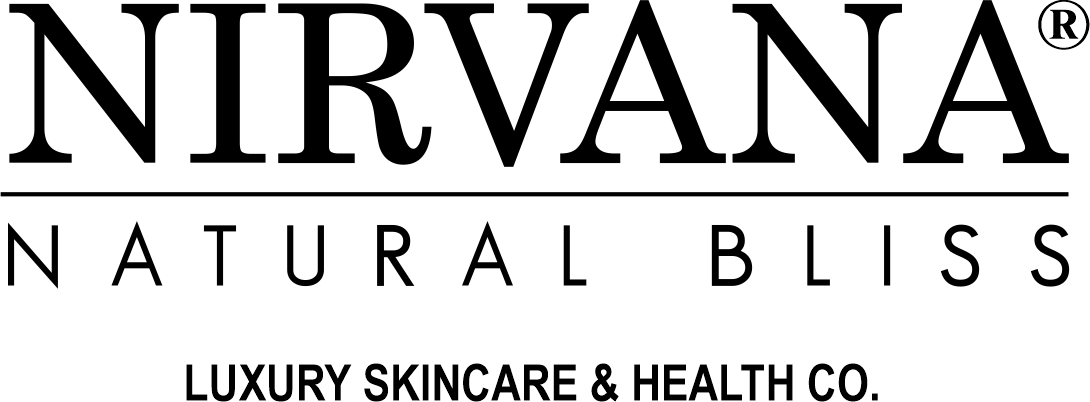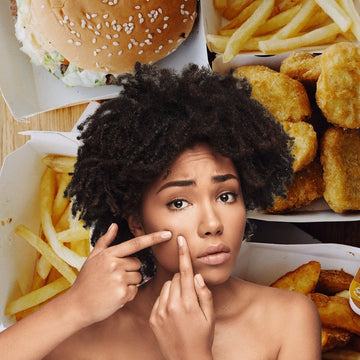Acne is a common skin condition that affects millions of people around the world. While there are many factors that can contribute to the development of acne, diet is one that is often overlooked. Eating a healthy, balanced diet can help reduce the risk of developing acne-prone skin. In this blog post, we'll take a closer look at the relationship between diet and acne-prone skin, including what to eat and what to avoid.
The Link Between Diet and Acne-Prone Skin
The link between diet and acne-prone skin is not fully understood, but research suggests that certain foods may exacerbate acne. Foods that are high in sugar and refined carbohydrates, such as white bread, pasta, and sweets, can cause a spike in insulin levels, which may increase sebum production and contribute to the development of acne. Dairy products have also been linked to acne, as they contain hormones that can disrupt the balance of hormones in the body.
On the other hand, certain foods may help reduce the risk of developing acne-prone skin. Foods that are high in antioxidants, such as fruits and vegetables, can help reduce inflammation in the body and promote healthy skin. Additionally, foods that are high in omega-3 fatty acids, such as salmon and flaxseeds, may help reduce inflammation and improve skin health.
Foods to Avoid
If you are struggling with acne-prone skin, it is important to avoid certain foods that can exacerbate acne. Here are some foods to avoid:
Sugar and Refined Carbohydrates
Foods that are high in sugar and refined carbohydrates can cause a spike in insulin levels, which may increase sebum production and contribute to the development of acne. Examples of foods to avoid include white bread, pasta, and sweets.
Dairy Products
Dairy products, such as milk and cheese, contain hormones that can disrupt the balance of hormones in the body. This disruption can lead to an increase in sebum production and the development of acne.
Fried Foods
Fried foods, such as French fries and fried chicken, are high in saturated and trans fats. These types of fats can increase inflammation in the body and contribute to the development of acne.
Foods to Eat
If you are struggling with acne-prone skin, it is important to eat a healthy, balanced diet that is rich in antioxidants and omega-3 fatty acids. Here are some foods to eat:
Fruits and Vegetables
Fruits and vegetables are high in antioxidants, which can help reduce inflammation in the body and promote healthy skin. Examples of antioxidant-rich fruits and vegetables include blueberries, strawberries, spinach, and kale.
Whole Grains
Whole grains, such as brown rice and quinoa, are a great source of complex carbohydrates that can help regulate blood sugar levels and reduce inflammation in the body.
Omega-3 Fatty Acids
Omega-3 fatty acids are essential fats that can help reduce inflammation and improve skin health. Foods that are high in omega-3 fatty acids include salmon, flaxseeds, and chia seeds.
Supplements
In addition to eating a healthy, balanced diet, certain supplements may also help reduce the risk of developing acne-prone skin. Here are some supplements to consider:
Probiotics
Probiotics are live bacteria that can help promote a healthy gut microbiome. A healthy gut microbiome is important for overall health and can also help reduce inflammation in the body and promote healthy skin.
Zinc
Zinc is an essential mineral that can help reduce inflammation and promote healthy skin. It is also important for





